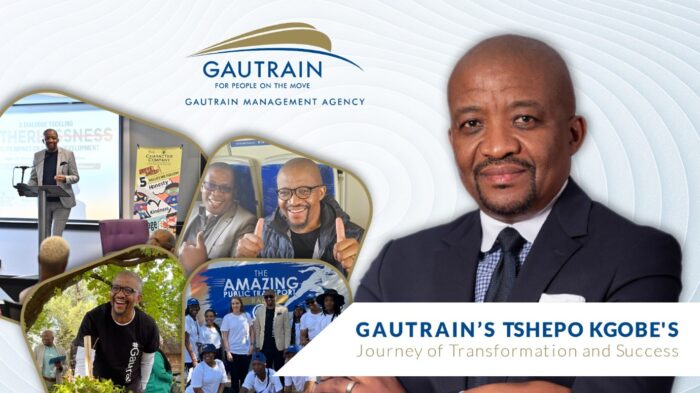Why Purpose-led Employees are Great Assets for Thriving Businesses
A few years ago, any conversation around employee attraction and retention was mainly around pay and benefits or job security, but this is rapidly changing, driven by the rise of a more deliberate and discerning generation.
Today, employees are increasingly conscious of the terms of employment they commit to and are likely to leave organisations that they believe do not fit their vision and values, with countless surveys illustrating the need for Millennial and Gen Z job seekers to work in organisations that make a positive impact.
For businesses, it is no longer about how to squeeze more out of customers, but how to create shared value by finding opportunities in social problems. For employees, it is not about securing a job for life, but working for an organisation whose purpose is aligned with their own.
There is no more room for a one-size-fits-all approach for businesses when it comes to the biggest asset they have-employees.
It is therefore time for organisations to structure their business around a purpose that marries economic and societal value to not only have a positive social impact, but also increase attractiveness to talent. It is both a lever for talent attraction (pull) and retention (bind) respectively and without this approach, organisations risk losing current employees and rank poorly with potential hires. In short, more purpose-led organisations spend less on recruitment costs and in attracting top talent.
Thus, organisations that will thrive in the future will be those that will successfully create a bridge between the board or executive, which outlines the vision, and the employees, who are responsible for bringing this vision to life. From the moment talent joins an organisation and throughout their employment, no team is better placed to orchestrate this journey than Human Resources.
One approach that HR can take to help an organisation inculcate shared value within its ranks is through innovative recruitment techniques and investing in the mindsets, skillsets and toolsets of employees through upskilling and training. HR is also responsible for creating a well-defined company culture that supports a proactive workforce committed to doing business by doing good.
Equipping line managers with coaching and mentoring skills will also help in consistency in role modelling the organisation’s purpose and values. The language, rituals (routines), symbols, and stories helps create a culture where leaders, and by extension their teams, preach water and take water, rather than wine.
Employees are more likely to live the organisation’s culture when it speaks to their own ambitions. This in turn helps them deliver the organisation’s strategy, which is fundamental in delivering Shared Value.
At Safaricom, we have put in place various initiatives that help us deliver Shared Value. For starters, we have a clear purpose, which is to ‘Transform Lives’, a statement that pushes us to create value for the society in which we operate. For instance, our employees are encouraged to deliver products by solving social problems, and this has led to the birth of products and services such as M-PESA, which has grown into a case study on how to drive financial inclusion, and DigiFarm, which is currently transforming the lives of small-holder farmers in Kenya.
We encourage employees to take part in social causes through ‘Shiriki Day’ and CSR leave, because it is only then that they can translate these learnings to coming up with products and services that solve social problems, in turn creating shared value. To this end, every employee is eligible for an additional four days of leave that they can use towards advancing their individual community initiatives.
The Sustainable Development Goals (SDGs) act as the lens through which we implement Shared Value, and the performance objectives of all our employees are anchored on one of the nine SDGs that we support.
Making a business case for Shared Value needs commitment, patience and the willingness to take some calculated risks, but the business of business is no longer business. And business must engage in societal transformation for long term success.
Moreover, it’s simply the right thing to do.
And we really do believe that if you do the right thing, the numbers will follow.
Guest contributor Paul Kasimu is the Chief Human Resources Officer, Safaricom




